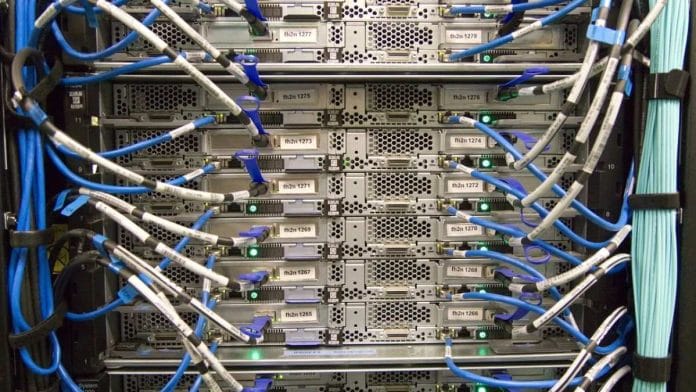1. Boardrooms urged to upskill on AI
Norway’s $1.7 trillion sovereign wealth fund is urging companies to improve artificial intelligence (AI) governance at board level. The fund’s global holdings represent 1.5% of all listed stocks, making its guidance on AI governance significant for corporate practices.
Norges Bank Investment Fund holds stakes in close to 9,000 companies globally, and is a leading voice on environmental, social and corporate governance (ESG) matters.
Carine Smith Ihenacho, the fund’s Chief Governance and Compliance Officer said; “overall, a lot of competence building needs to be done at board level.
“It doesn’t mean we need one AI person that’s an expert on AI. We need the board to understand, as a group, how AI is being used … have a policy at board level and [know] whether it is being used responsibly or not.”
2. AI boom fuels data centre water use, raising sustainability concerns
The rapid expansion of data centres, fuelled by the surging demand for AI, is intensifying concerns over water usage and environmental sustainability, the Financial Times reports.
In the United States, the amount of water consumed by Virginia’s “data centre alley” – home to the world’s highest concentration of these facilities – has skyrocketed by nearly two-thirds since 2019.
This trend highlights a broader challenge, the FT says, as tech giants invest billions in infrastructure that demands immense water resources to cool equipment. US data centres used more than 75 billion gallons of water in 2023 – equivalent to London’s four-month water consumption – data from research group Dgtl Infra shows.
As the race to develop AI intensifies, experts warn that the environmental impact of this growth could be substantial, particularly in regions like Virginia, which are already facing drought conditions.
3. News in brief: Other tech stories to know
Chinese electric car maker Zeekr, is claiming pole position in the race for the fastest charging battery. The firm says its batteries can be charged from 10% to 80% in 10 minutes and 30 seconds, according to the BBC, the company says its fast charger beat rivals including Tesla and BYD on charging time.
The European Commission has approved a $5.5 billion German state aid package for a new microchip manufacturing plant in Dresden. The plant will be operated by the European Semiconductor Manufacturing Company, a joint venture between the Taiwan Semiconductor Manufacturing Company (2330.TW), Bosch, Infineon and NXP.
South Korean AI chip makers Rebellions Inc and Sapeon Korea Inc have agreed to merge. The deal is a further attempt by South Korean companies to challenge global AI chip leaders such as Nvidia.
4. More on digital technology on Agenda
AI is proving to be a powerful tool in the fight against climate change. Its ability to process huge packets of data at lightning-fast speeds is a huge asset to climate scientists. This article reveals how the technology is being used to map icebergs in just 100th of a second and how it can help communities in Africa to reduce the impact of climate change.
A culture of digital innovation is helping Malaysia to make rapid progress on ESG commitments. This article from the Forum’s Centre for the Fourth Industrial Revolution, explains how the country’s businesses are integrating ESG at the core of their operations.
While much of Africa’s population has never used a traditional bank this hasn’t stopped the continent from becoming a world leader in digital banking. Mobile banking in Africa began as a way of funding access to mobile phone airtime but these services have now expanded into a continent-wide e-payments infrastructure. Digital banking has given billions of Africans their first access to financial services.
This article previously appeared in the World Economic Forum.






